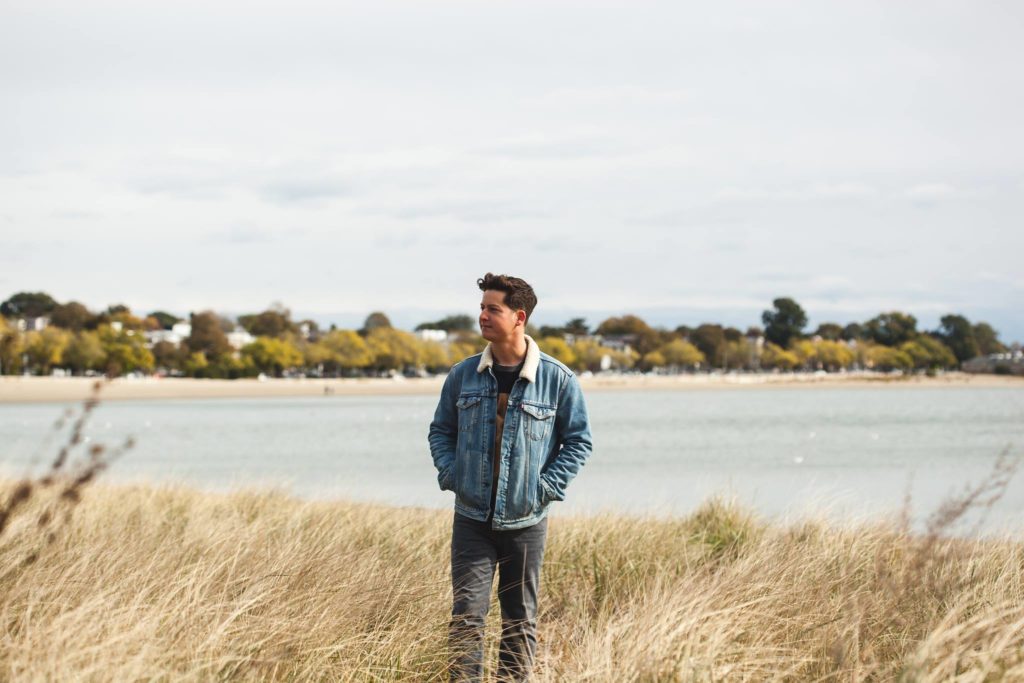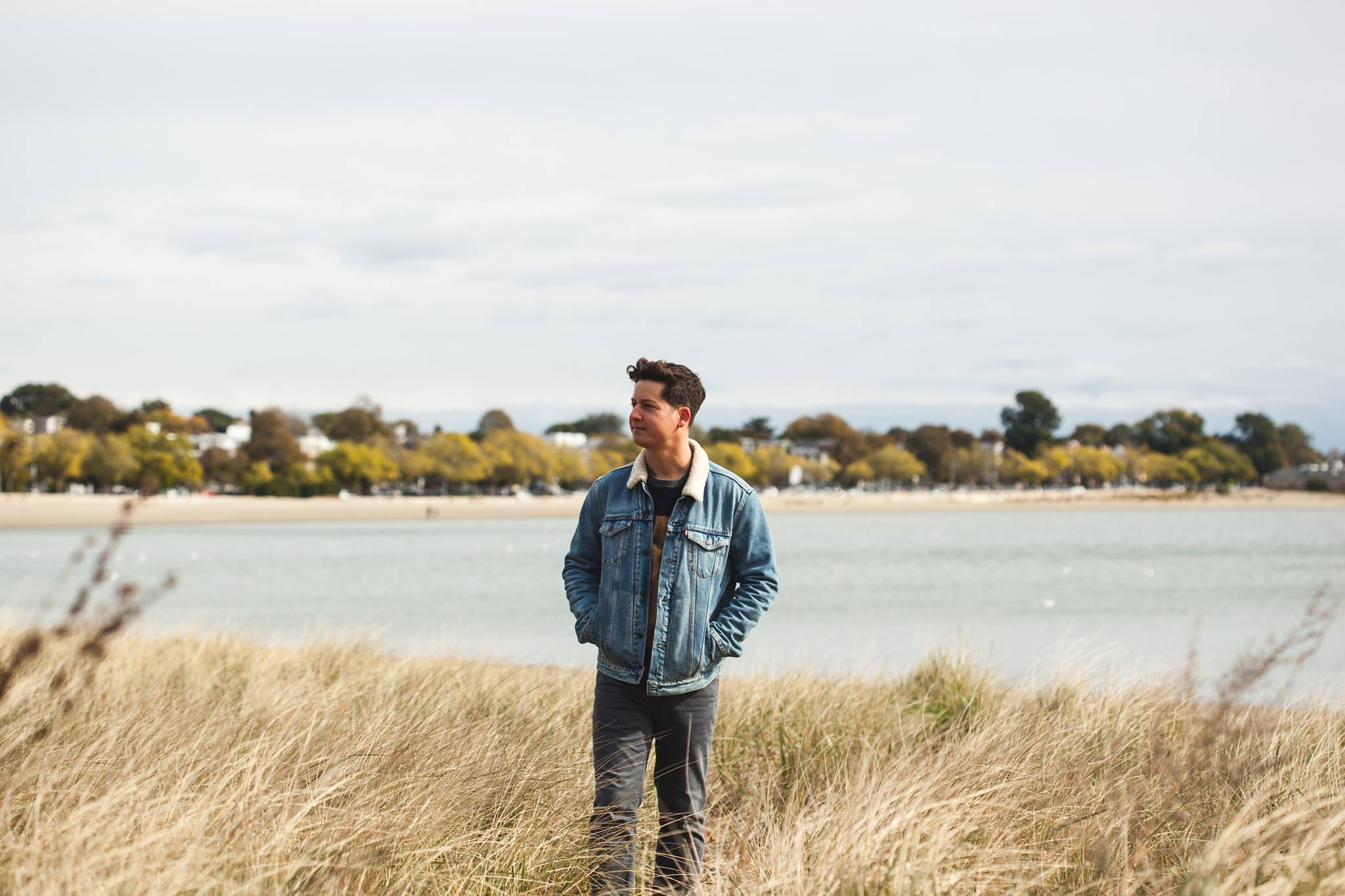
It isn’t often you come across an artist who can excel to a certain level of one genre, nevermind entirely separate ones through different projects, but thats just what Evan Murphy has proven with his latest solo effort, Born Again Town (out on December 13th). The EP as a whole encompasses a style and vibe that may turn a few heads who have come to know Murphy through his work with bluegrass quintet Mile Twelve. A heaping helping of blue collar rock n’ roll, influenced by writers both contemporary and from years past, the songwriter feeds the appetite of nostalgia, but its well balanced and intertwined with a progressive modernity that’s glistening with personal touches and stories.
The first single off of the project is “Sister McCarthy”. A tune described by the artist as, “a hormone-driven protest song, delivered by a kid who’s being told to ignore every urge—right at the moment in life they’re arriving.” Something that most of us can relate to and its in that pocket where Murphy really shines. With a driving rhythm and rollicking guitars, when it falls out Murphy’s voice is buoyant and buttresses up the arrangement, pushing along the track. Just the right enough of twang, infectious choral hooks and explosive keyboards to sink its hooks deep in you. Danceable and infectious, yet capable songwriting and memorable lines.
We caught up quick with Evan to talk about branching out into this solo effort and whats coming next. Check out the first single below and read up.
RLR: Coming from such a strong band, I am curious how you differentiate the writing process between what becomes “solo material” vs. band? Is there a clear dividing line for you and if so, what is it? If not, whats the process of deciding on tunes for a solo effort for you?
EM: There is a middle ground where certain songs fall when I’m writing them. These songs can be tricky because I feel they could go either way. I could bring them to Mile Twelve or use them on my solo project. With middle ground songs it sometimes just comes down to a feeling about where the song would be best served. I know these songs will find a home in either project. Then there are clearly bluegrass songs I write which I’m going to bring to Mile Twelve, and rock or Americana songs which I know will work best with a drummer and an electric setting.
RLR: There is a definite different sonic aesthetic to this single than what we might be used to hearing from you. What were your influence going in on this album? Had you been listening to a few different records that maybe scratched the itch? Is there a sense of catharsis for you in branching out from what some might classify as “traditional bluegrass” into a more folk rock kind of realm?
EM: The album I was listening to on repeat when I was writing for this project was “Southeastern” by Jason Isbell. There were other influences too. I’ve been a lifelong Springsteen fan, and his music is buried deep in my subconscious. I wanted to write about personal themes on this project, like religion and family, gentrification and home. I would say that being able to write and record in a rock setting highlights for me all the things I love about both bluegrass and Americana, and it feels really good to be doing both at the same time.
RLR: Similarly, how do you approach arrangement for a tune like this one…drums, keyboards…all sorts of things going on?
EM: I asked my bandmates on this project to arrange the material collaboratively with me, which they were happy to do. I wanted to keep the arrangements as simple as possible. This is not a project about complex arrangements, its about songwriting, and I didn’t want to mess too much with that. I also didn’t have a ton of rehearsals with the band ahead of time, we had to work with what we had. I think limitations and urgency can be a good thing in art.
RLR: Anything else you want to plug along with this?
EM: Just the project as a whole. I just want people to listen to this thing and get into it and see if it connects with them.
photo by Louise Bichan


